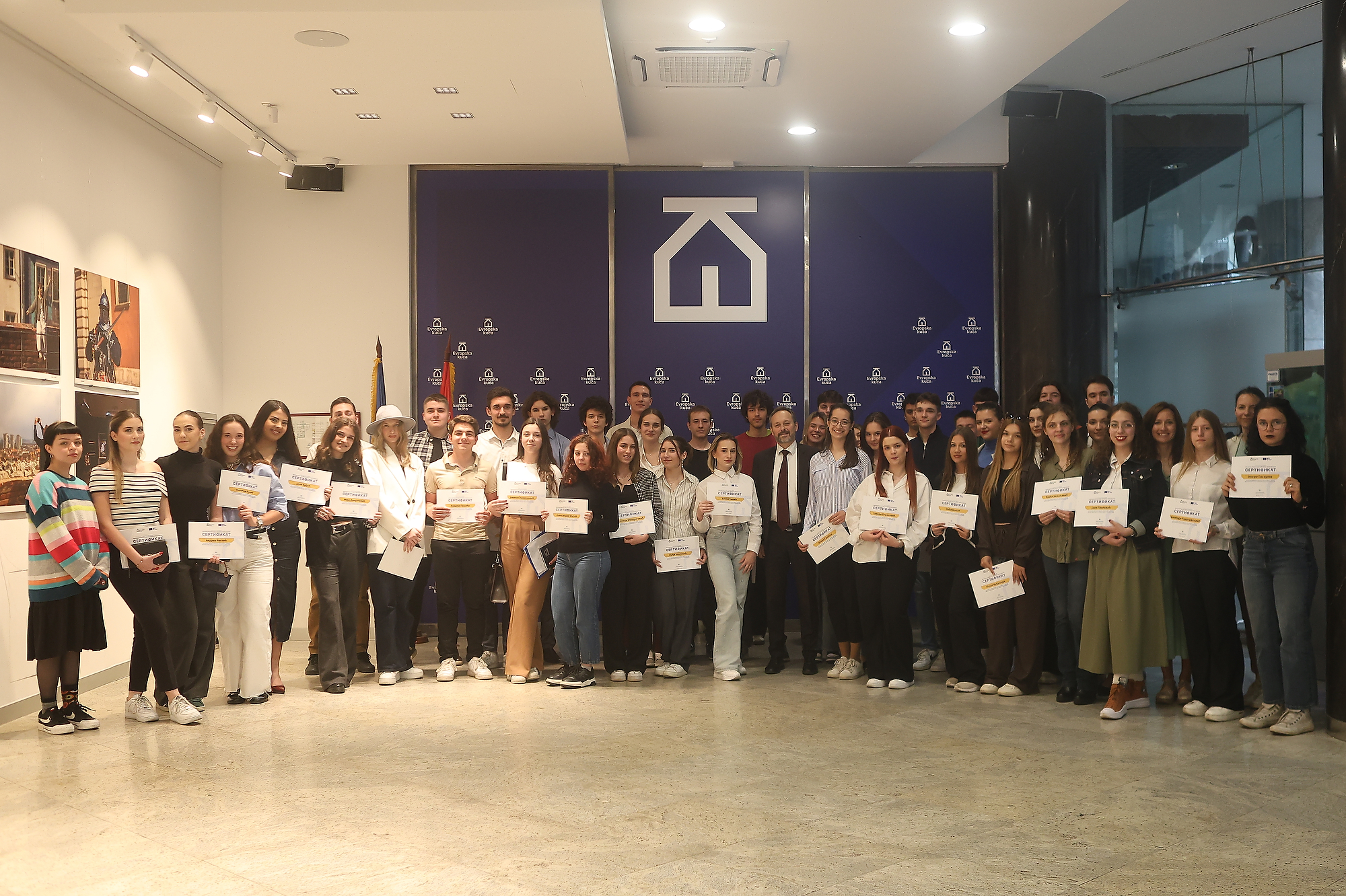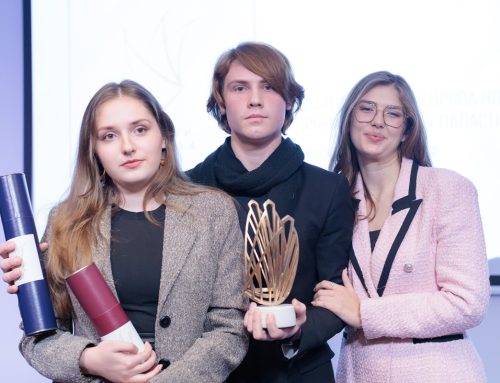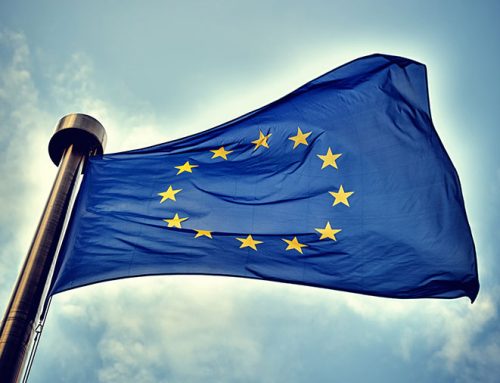The advantages and disadvantages of direct democracy were the topic of the final round of the European Debate School’s concluding tournament. This event marked the culmination of several months of work by secondary school pupils and university students from across Serbia, who have been training with debate coaches in the skills of persuasion, listening to opposing views, and developing public speaking abilities.
Pairs of participants, divided into government and opposition teams, exchanged arguments on whether a shift towards direct decision-making by citizens would bring about positive changes in society, or whether it is still more effective to manage societal processes through representative bodies such as parliaments.
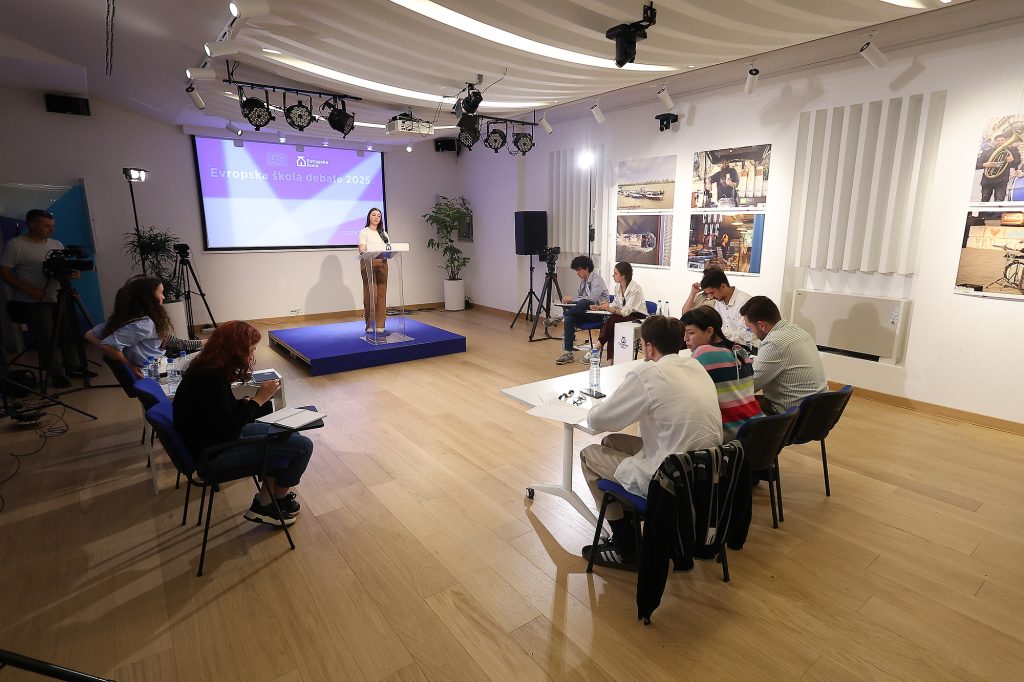
In the end, after a lengthy deliberation by the judging panel, the winning team was made up of Ljubica Stevanović and Miša Đerković.
“What I actually liked about the European Debate School was that we learned how to express our opinions more clearly, and I overcame my fear of public speaking,” said Ljubica.
“I hadn’t had much success in debating before, so it feels like everything came together now – and, of course, today is my 18th birthday, so I couldn’t have wished for a better present,” said Miša.
View this post on Instagram
Certificates were presented to all participants of the final tournament by the European Union Ambassador to Serbia, Emanuele Giaufret, who highlighted the importance of debate.
“First and foremost, it is important that we are able to listen to others, because we must understand what others have to say. If you don’t understand what others are saying, you won’t be able to build your own arguments. But it is also sometimes important to convince the other side that your arguments are strong. This is the foundation of the European Union – the exchange of spoken arguments between institutions and Member States, in an effort to identify the best interests of all. This is how the European project has been structured since 1950 – a project that has brought peace, security, and progress to the Member States,” said Ambassador Giaufret, congratulating all participants and encouraging them to continue using the skills they had acquired in future life.
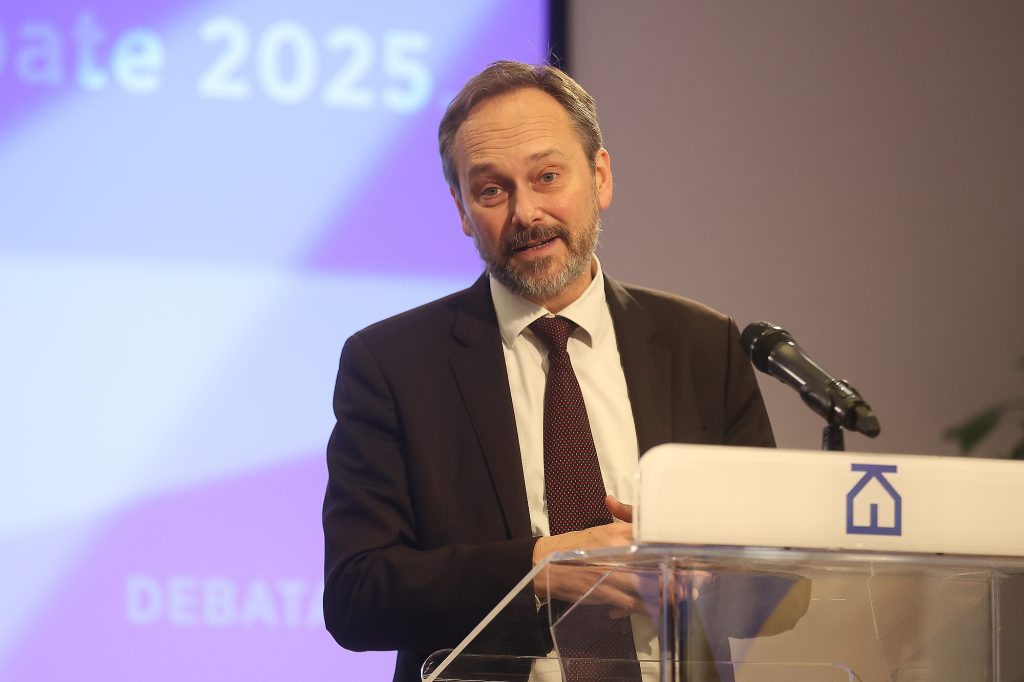
The final tournament of the European Debate School brought together 24 young people from across Serbia, who debated a variety of topics over the course of the two-day event.
Participants of the European Debate School were selected last autumn and attended workshops on debating skills, argumentation, public speaking, the functioning of the European Union, EU institutions, and the European integration process.
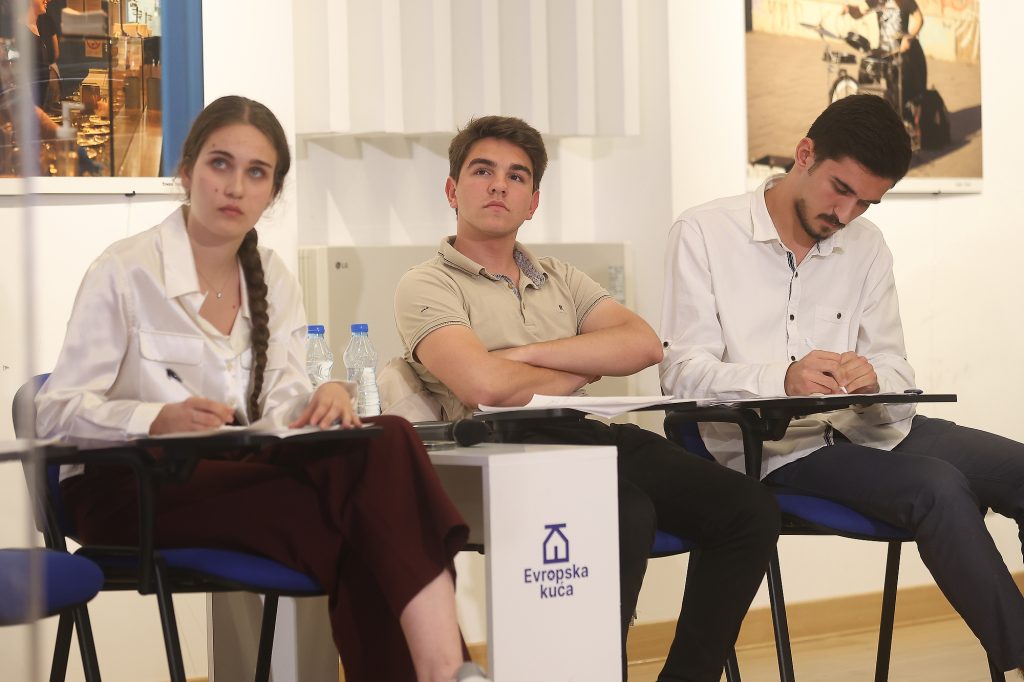
The selected candidates were divided into three groups, which held in-person sessions with their trainers in Belgrade, Niš, and Novi Sad. In addition to skills development, the workshops provided an opportunity for young people to network and exchange experiences.
The sessions were led by experienced debate coaches who have won awards at debate competitions in Serbia and abroad.
The European Debate School is a project organised by the EU Info Network and the academic debate network Open Communication, with the support of the Delegation of the European Union. The aim of this project is to educate secondary school pupils and university students about the European Union, the process of European integration, and the art of debating.
To date, more than 1,000 pupils and students from over 30 towns and cities across Serbia have taken part in the Debate School, with nearly 50 public debates held.

